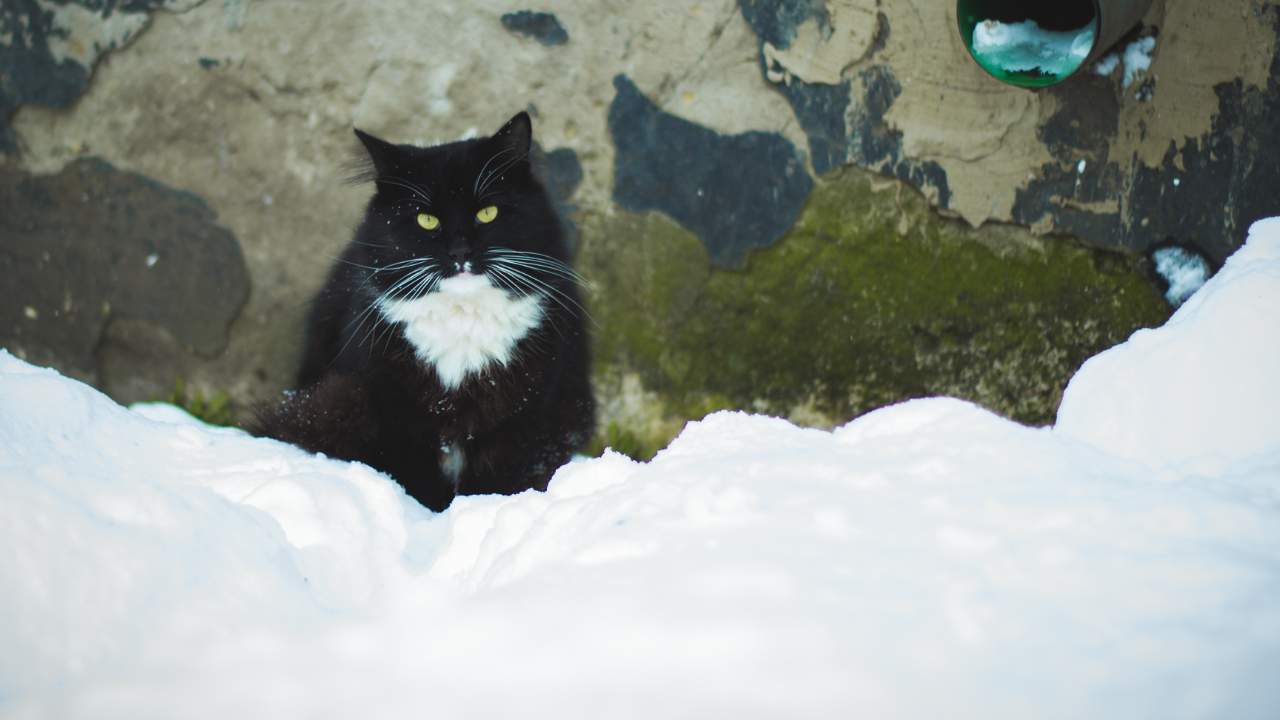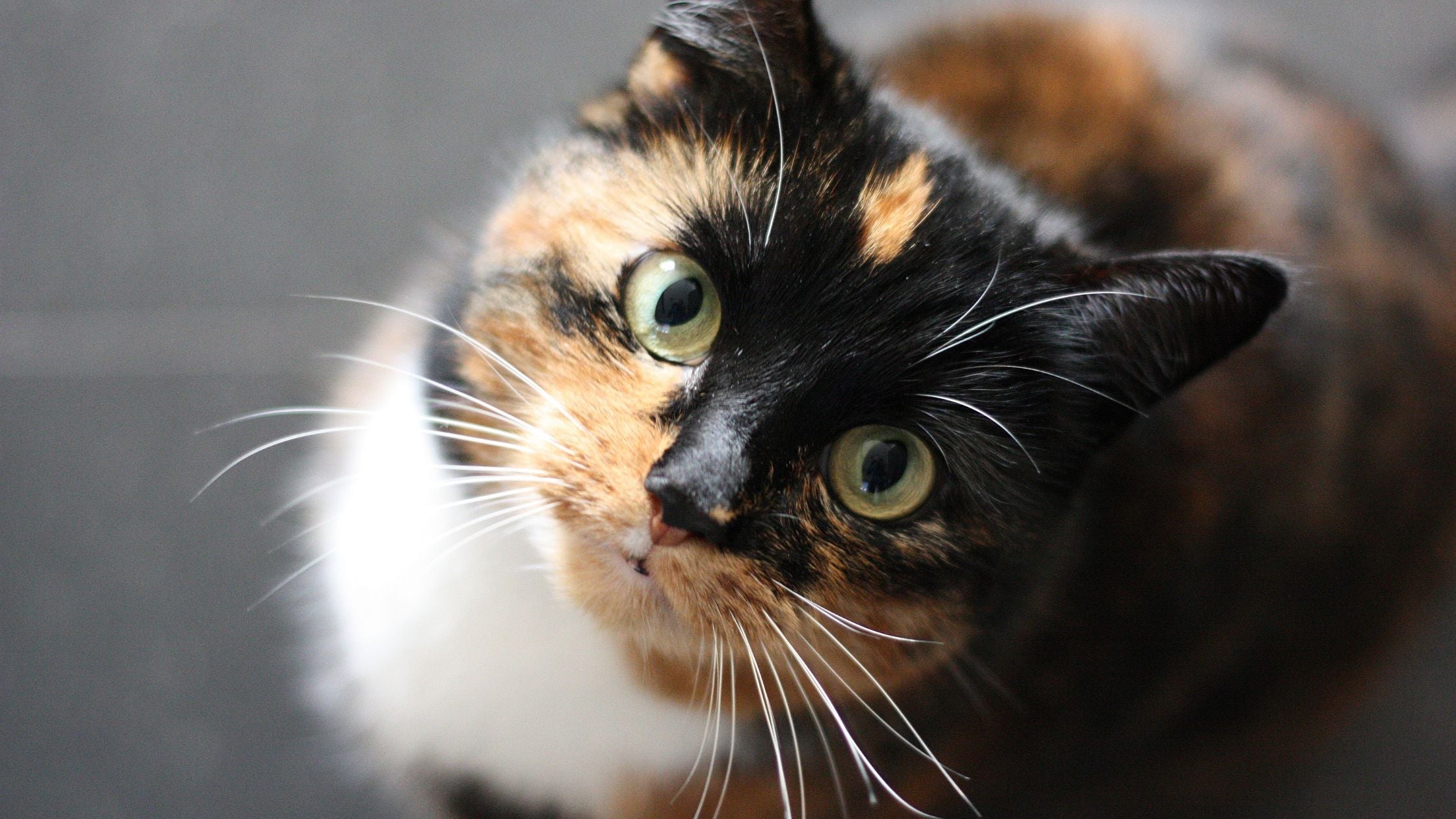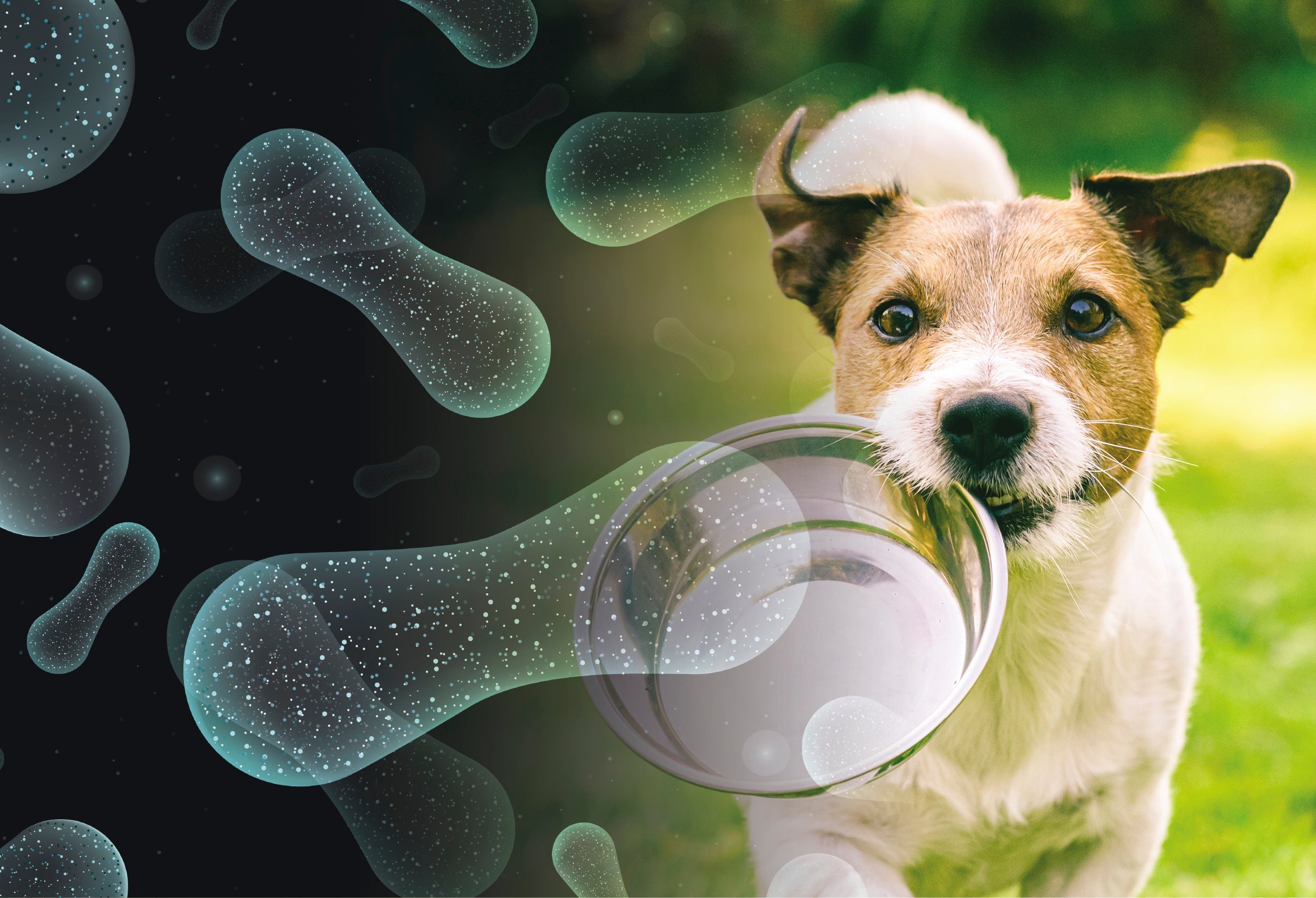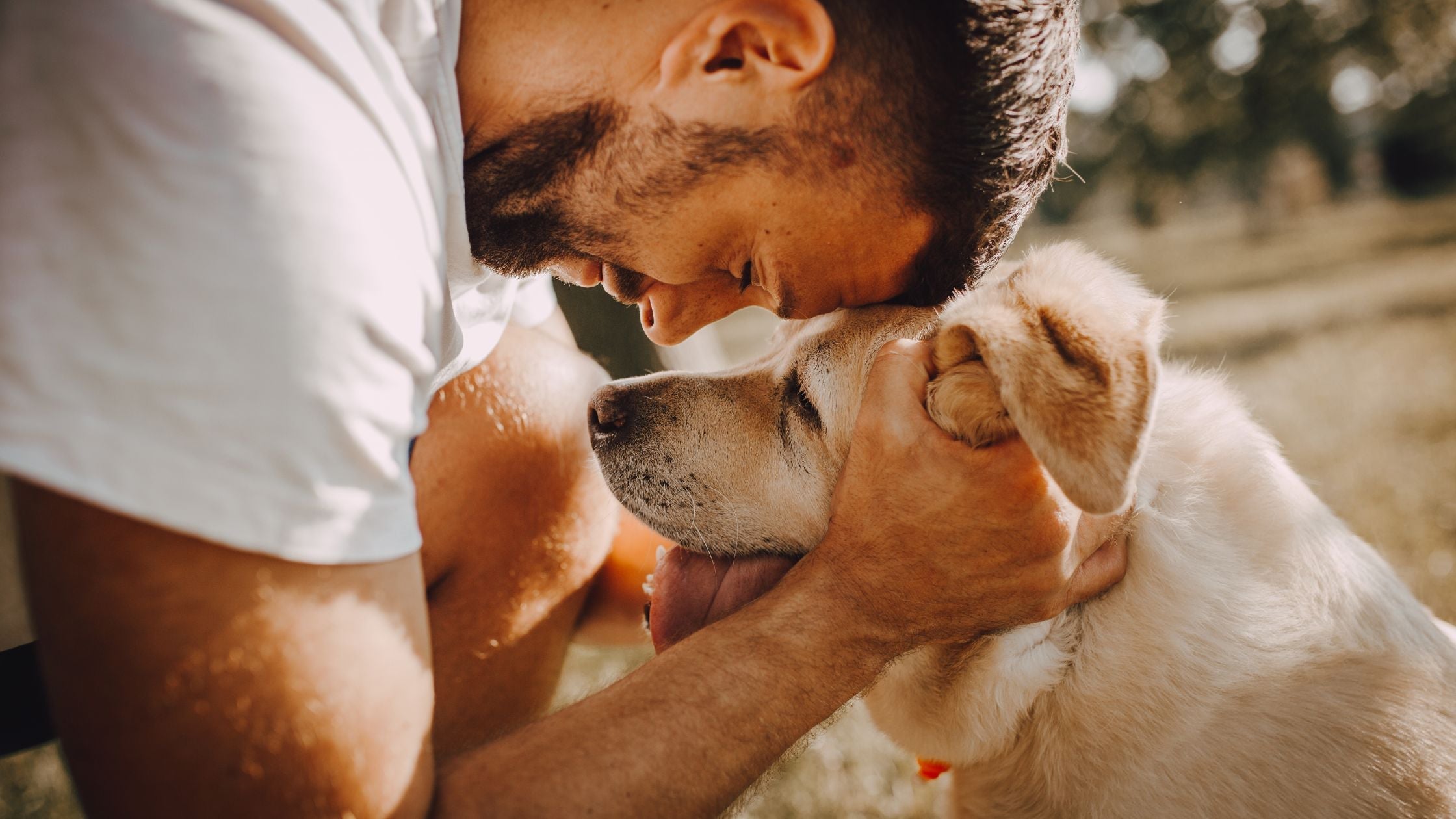8 Ways to Keep your Cat Safe this Winter
Discover the 8 crucial things to watch out for to keep your cats safe this winter. From hypothermia to winter chemical safety, learn how to protect your beloved feline friends from hidden dangers lurking in the cold season. Don't wait – ensure your cat's safety and happiness today.
Winter can be a magical time of year with sledding, ice skating, and hot chocolate, but the chilly temperatures can pose risks to cats. Here are 8 things to watch out for to keep your cats safe this winter.
- Hypothermia
Very short haired or hairless cats are most susceptible to hypothermia and should be always kept indoors during the winter months. These breeds of cats even wear sweaters inside because of the cold.
Even long hair cats should not be alone outside in the winter. The sub-zero temperatures and shorter days make even the savviest outdoor cats vulnerable to the elements.
Becoming wet, inadequate calories, and lack of shelter all make cats more susceptible to hypothermia.
Here are some tips to keep your cat warm:
- Leave out blankets for them to snuggle up in when they feel cold.
- Consider purchasing a heated cat bed.
- Keep your heat up even when you are not home.
- A nutritious diet helps keep your cat's coat thick and healthy and in turn keeps them warmer.

- Antifreeze and other de-icers
The chemicals you use to thaw ice and keep your car running can be a major danger to your cat.
Antifreeze contains ethylene glycol and is extremely poisonous to cats. Only a few teaspoons can be fatal and cause kidney failure. Cats are attracted to it because of its sweet taste.
If you think that your cat has consumed antifreeze, contact your veterinarian IMMEDIATELY. Consider switching from standard antifreeze to new non-toxic alternatives.
Road salts and ice melts are not safe for cats either. Just because you use pet safe ice melts does not mean that your neighbors or town are, and because cats wander you need to be aware of what they will encounter in your neighborhood.
Even pet safe alternatives are not without risk. Exposure to your cat’s skin can lead to chemical burns and skin irritation.
If your cat eats snow that is contaminated with ice melts, they may exhibit symptoms like:
- Nausea
- Vomiting
- Trouble walking
- Salivation
- Excessive thirst
If you think your cat may have consumed ice melts, contact your veterinarian ASAP.

- Cats, Cars and Cold Weather
In the winter, cats will be looking for warm places to hide. Hiding between the engine and the hood of a car offers a safe break from the cold weather. This is especially true if a car has been running and the engine is warm.
When the car is started, a hiding cat can be severely injured. Give any cats that might be hiding in your car a warning.
Before you start your car, take a walk around your car hitting the outside and shouting. You can also honk your horn as a warning before you start the vehicle. Cats can tuck themselves into tight places and need time to get themselves out.
After you’ve made noise be sure to give cats time to get away before starting the engine. Even if your cat is safe inside, this is a good practice to help protect other cats in your neighborhood or strays.
- Space Heaters and Wood Burning Stoves or Fireplaces
Cats love to nap near heat sources and can accidentally knock them over which is a serious fire hazard. Only purchase space heaters that have an automatic shut off to avoid this possibility.
Wood burning stoves pose a different hazard to cats. Cats love to jump up and can burn their feet. Train your cat to stay away from wood burning stoves with a water bottle or a scat matt placed in front of the stove.

- Provide Shelter
If your cat gets outside, it can be difficult to get them back indoors. Providing an outdoor shelter can give them a safe place to hide. This can also give cats in your neighborhood a safe alternative to hiding in cars. All outdoor cat shelters share these qualities:
- They are waterproof
- They are well insulated
- They have minimal airspace
There are many do-it-yourself and inexpensive ways to build an outdoor cat shelter. A quick google will provide you with plenty of options.

- Get your cat microchipped
Microchipping is a great way to keep your cat safe year-round but especially helpful in the winter. Neighbors and good Samaritans are more likely to pick up animals and take them to local shelters during the winter season.
Cats are also more likely to get lost finding a warm space to hide in winter. Having your cat microchipped is a good way to ensure they make it home safely. If you have recently moved and changed your address, be sure to call and have your cats microchip information updated.
- Frozen Cat Door
Many indoor and outdoor cat owners will have a cat door installed in their home. Consider closing your cat door and keeping your cat indoor during the winter. If you still let your cat use the cat door, be sure to check it often. Cat doors are prone to freezing shut in freezing temperatures.
- Clean drinking water
Although this might seem like a no brainer, providing your cat with clean, thawed drinking water is important. An outdoor cat dish can easily freeze leaving your cat thirty and looking for something to drink. A lack of fresh drinking water can lead your cat to consume snow that may be chemically contaminated and poisonous.
NEVER add salt to drinking water to prevent it from freezing. Avoid using stainless steel and metal drinking bowls. If your cat is still frequenting the outdoors consider buying a heated bowl or bucket.
Upgrade Your Pet’s Health the Natural Way
Discover the secrets to your pet's optimal health with Dr. Michelle Dulake's proven methods! Unleash the full potential of their well-being and share in their vibrant life. Don't wait – improve your pet's vitality and longevity today with expert guidance from the trusted veterinarian!
At Fera Pet Organics, we’re committed to using only the most natural high-quality ingredients to keep your furry family members healthy and happy for as long as possible.
We’d love to hear from you! What do you want to learn about next? Do you have any comments or questions? Reach us at hello@ferapets.com!




